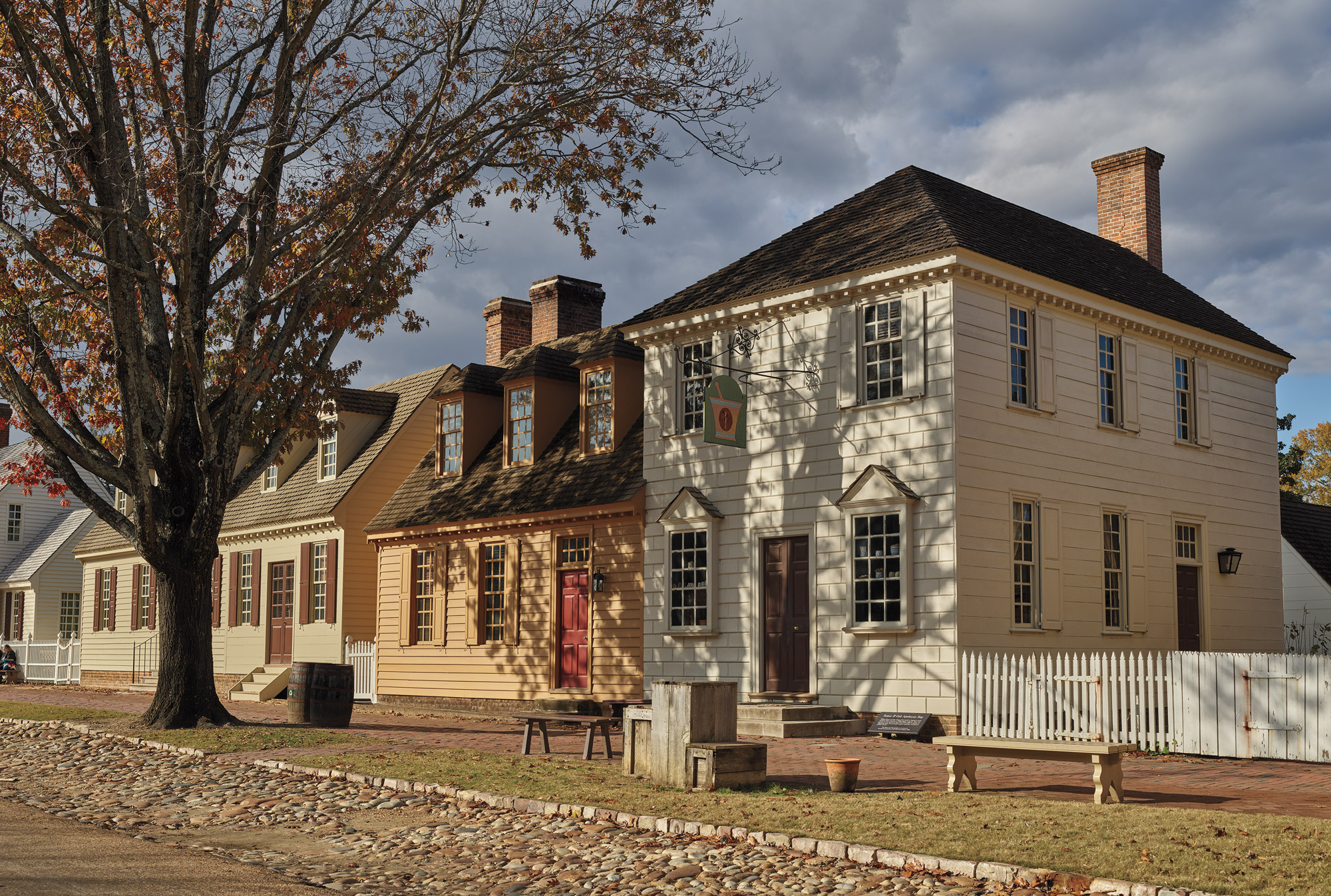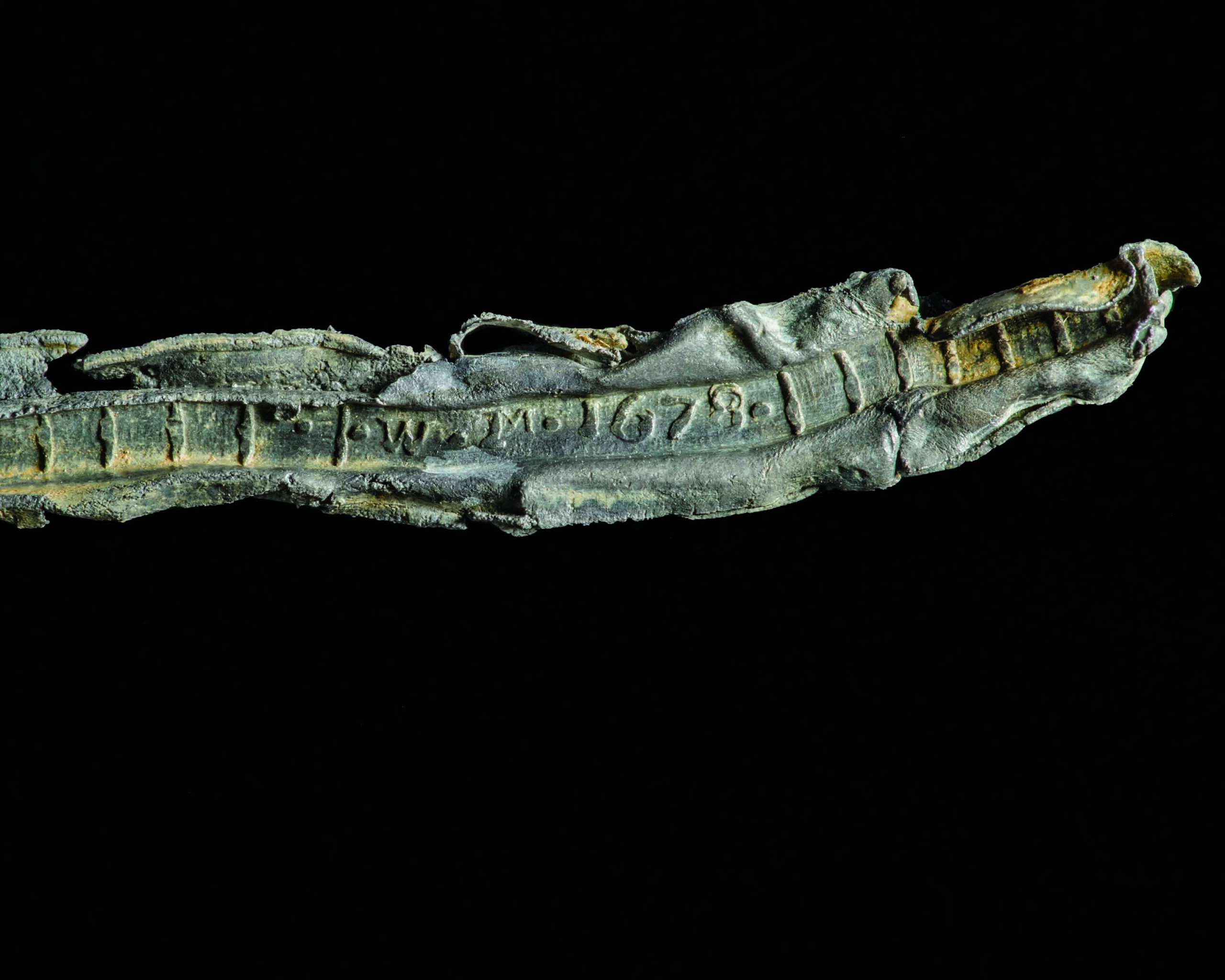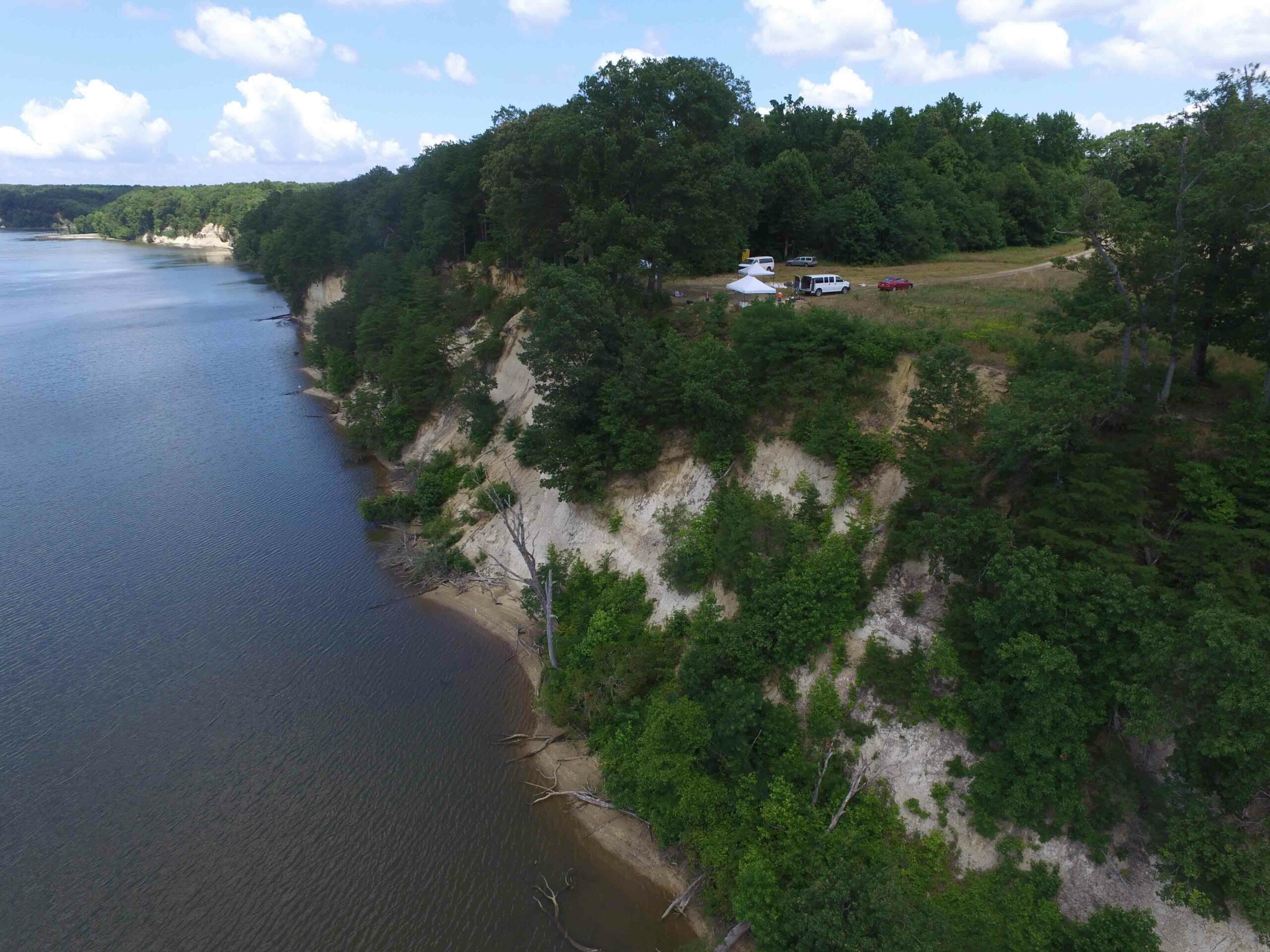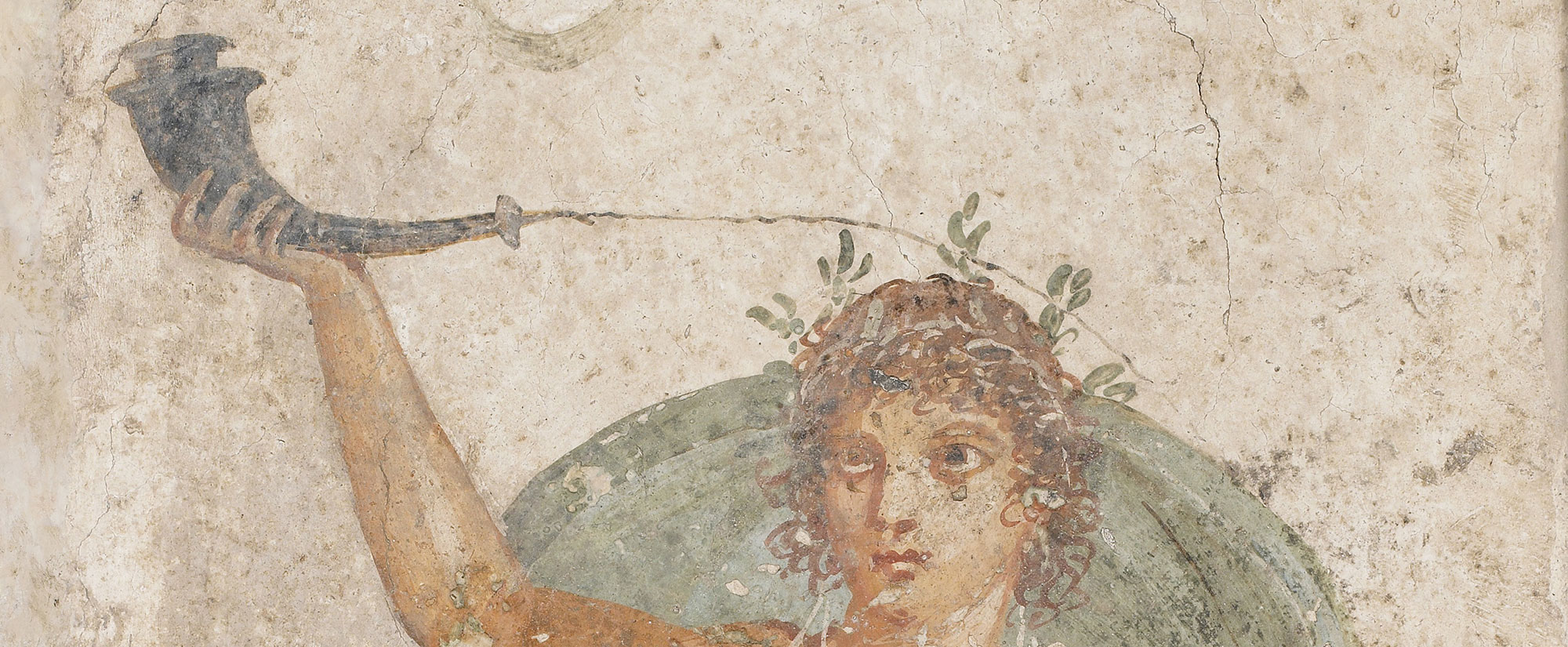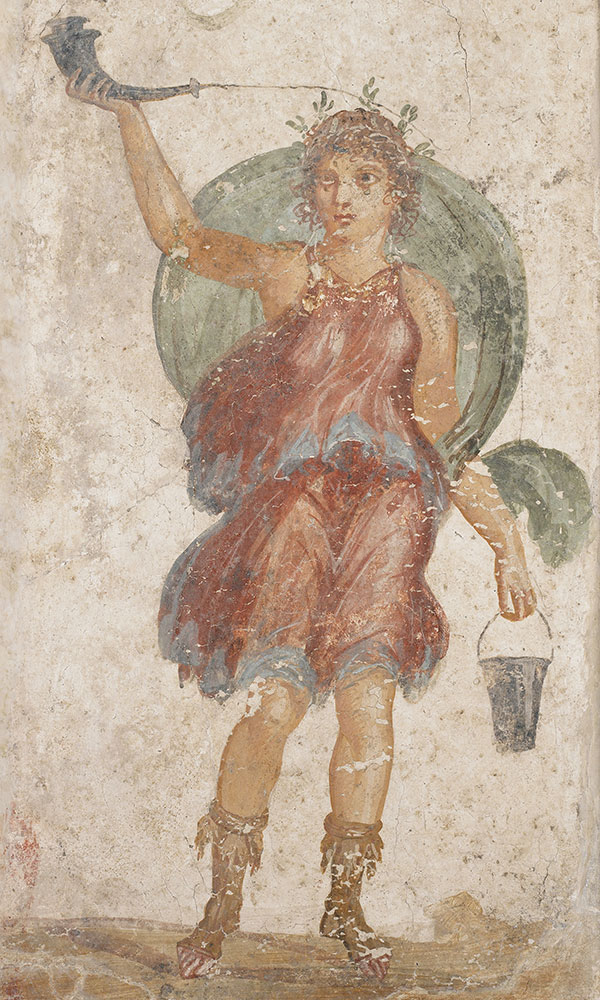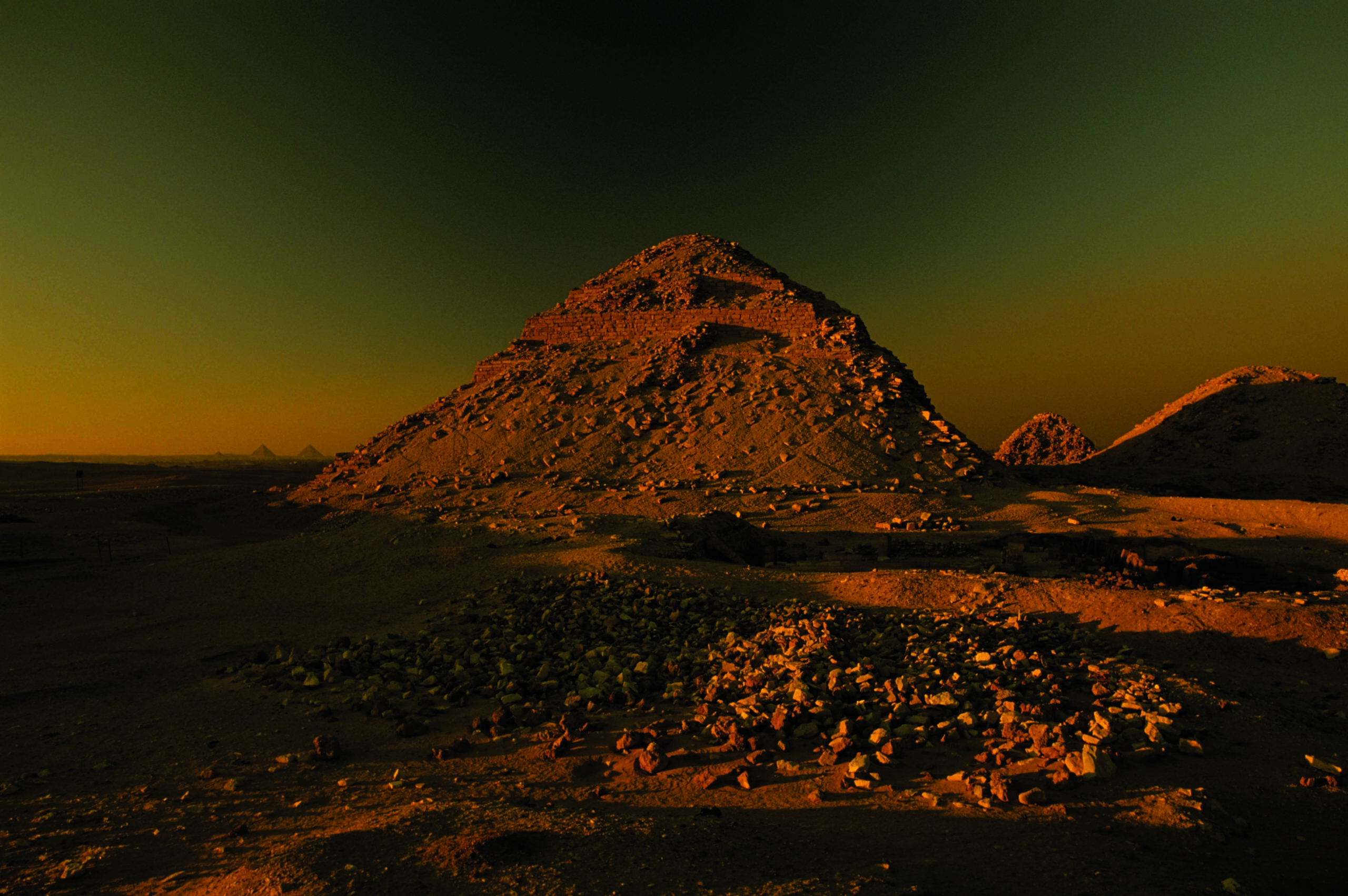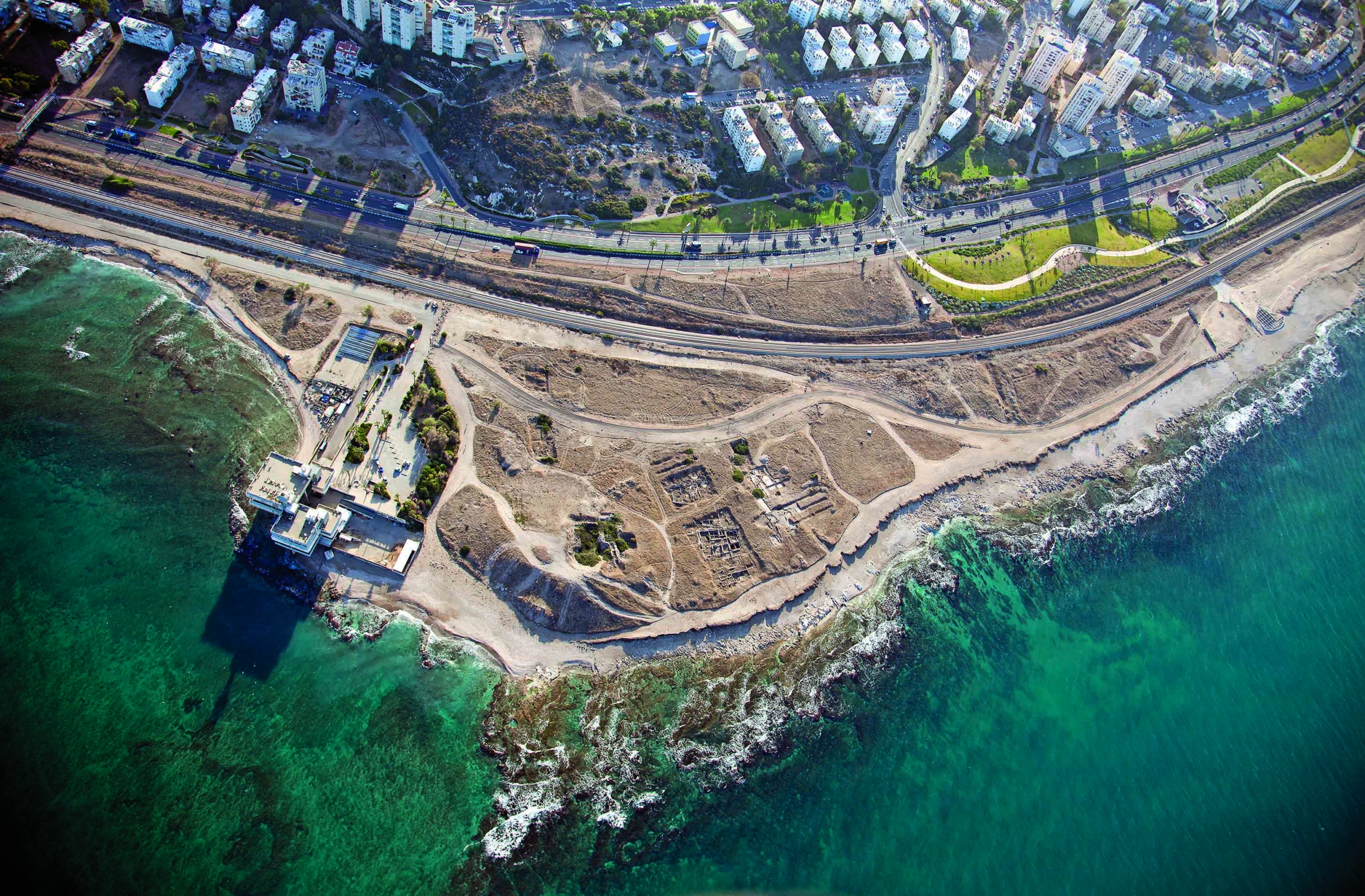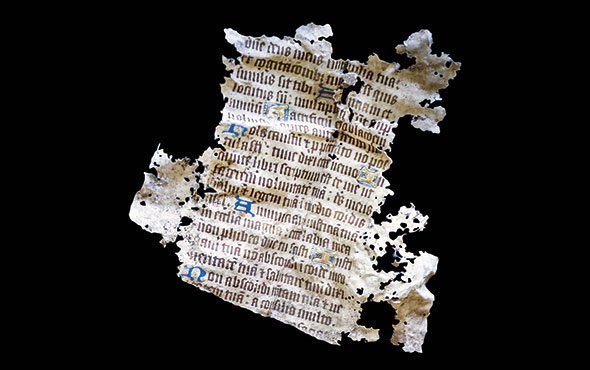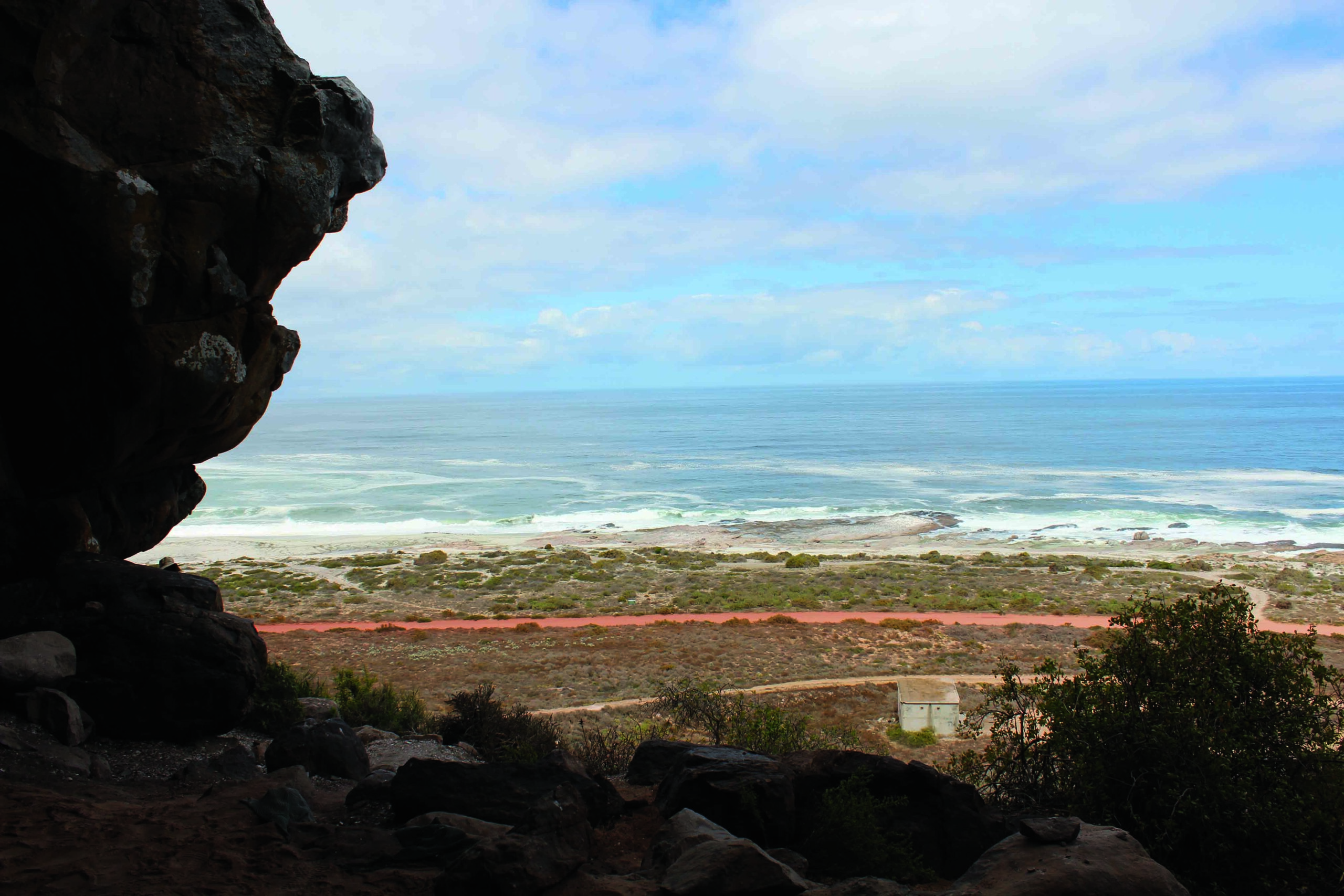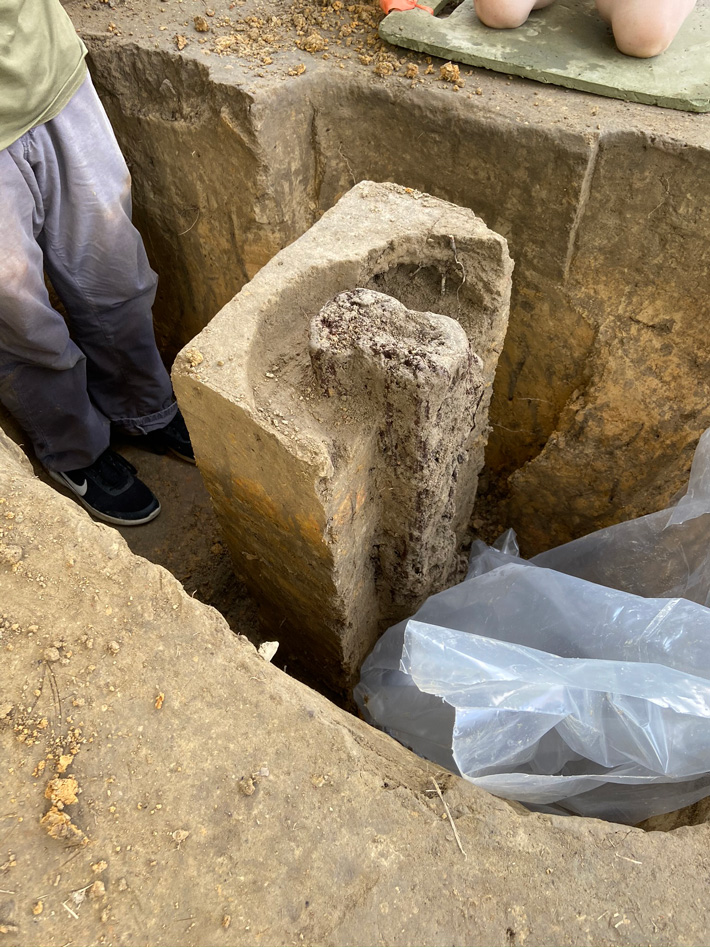
WILLIAMSBURG, VIRGINIA—The Virginia Gazette reports that the continuing excavation of a property that belonged to John Custis IV, one of the wealthiest men in Virginia in the early eighteenth century, has uncovered traces of a structure with clay floors and well-preserved postholes. “Some of the wood from these posts is still intact in the ground, [and] that’s not common,” said Jack Gary of Colonial Williamsburg. The wood has been identified as Southern yellow pine, he added. The investigators have also found traces of boundary ditches on the property. “It’s kind of mundane stuff, but that’s what starts to give us the bones of the property,” Gary said. “This is what he owned, and we can start to see that back on the landscape.” In total, the excavation of the property has uncovered more than 170,000 artifacts, including pieces of ceramic and glass, buttons, beads, and jewelry. For more on archaeology at Colonial Williamsburg, go to "Chilling Discovery at Jamestown."


